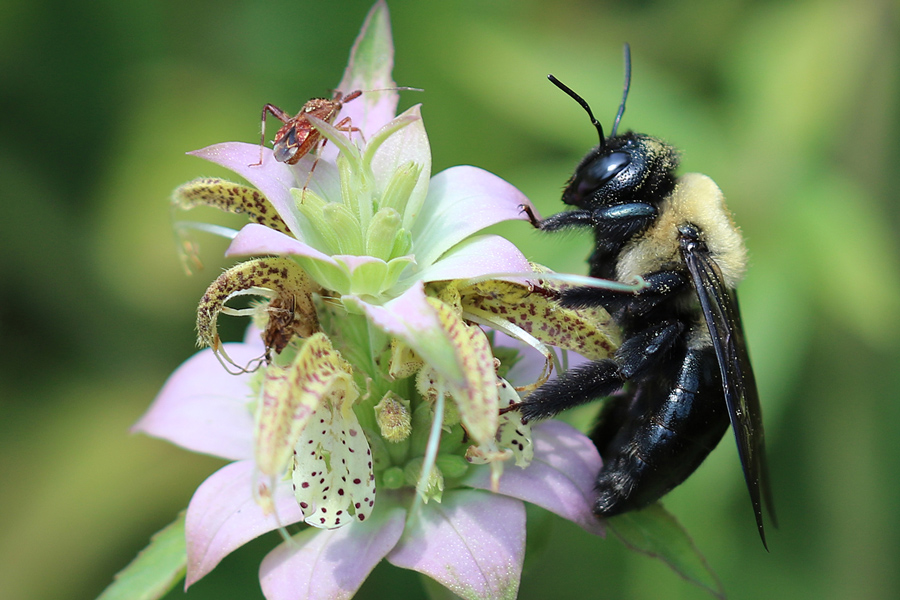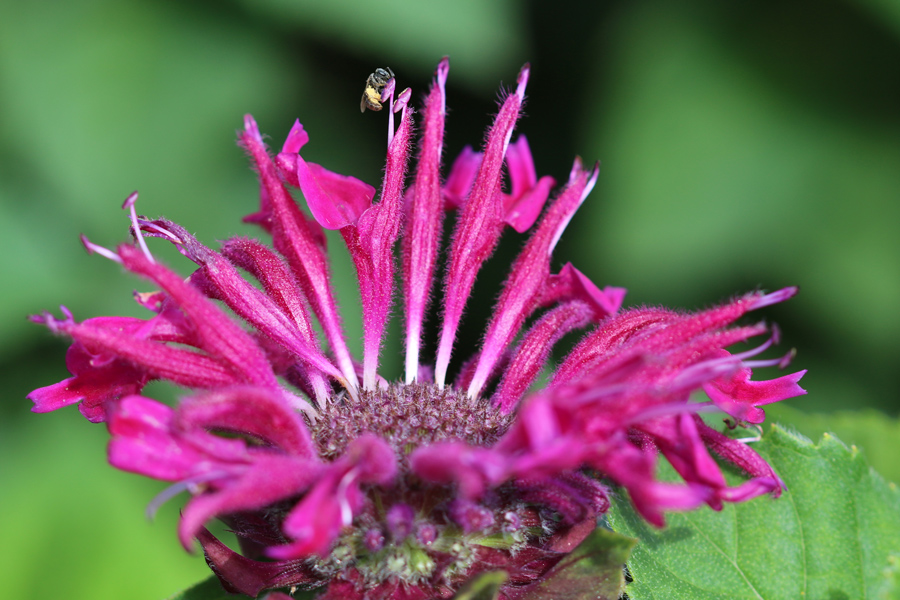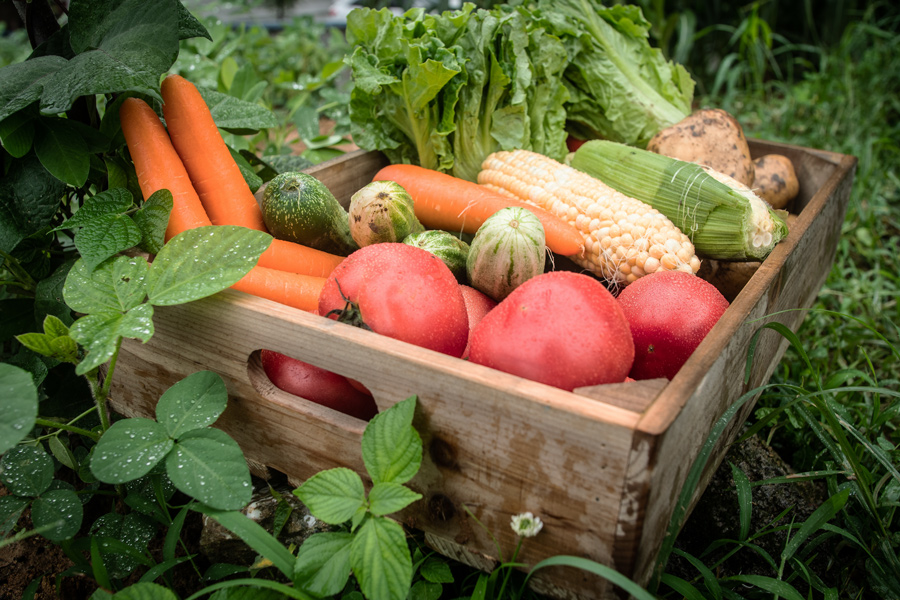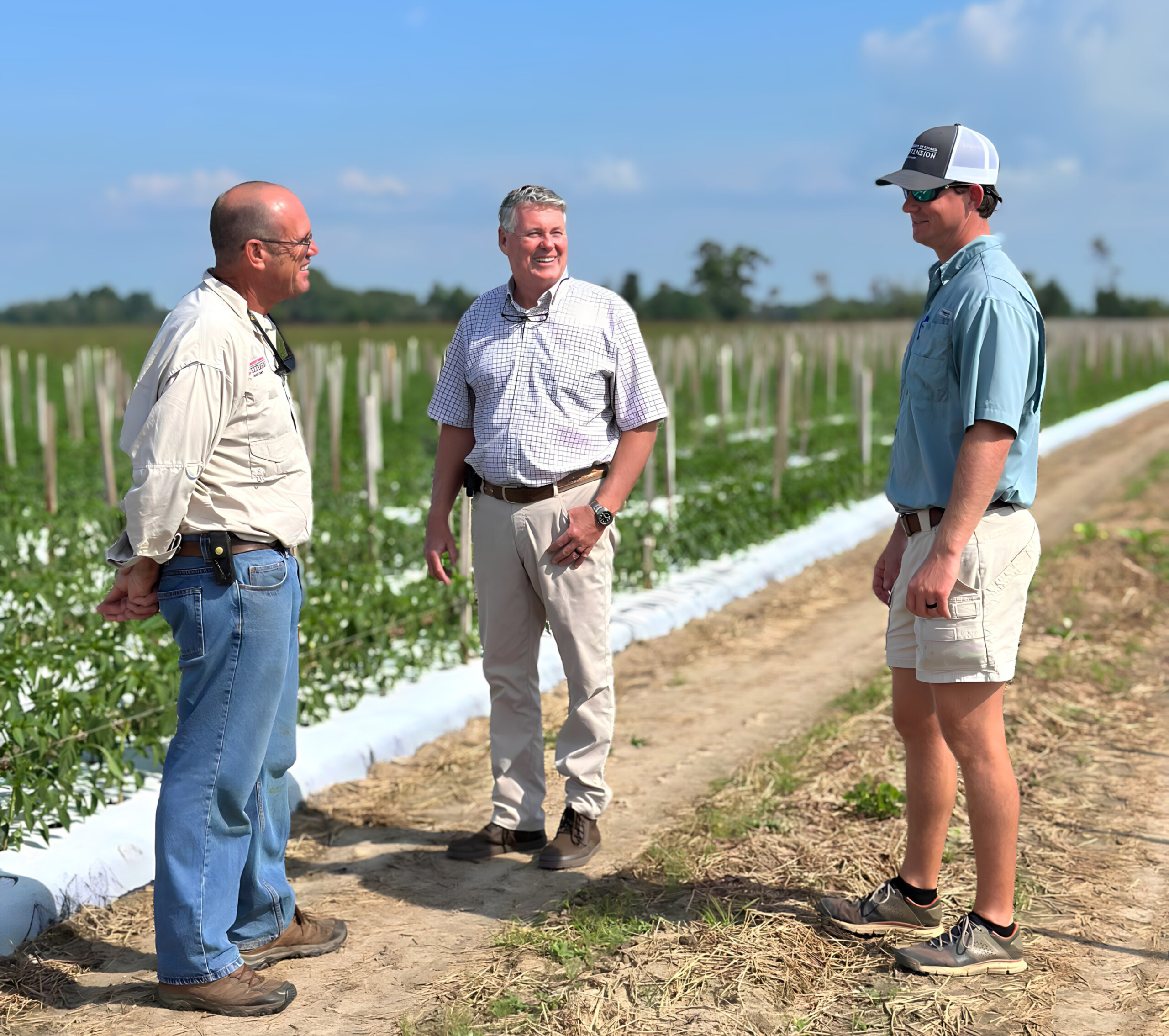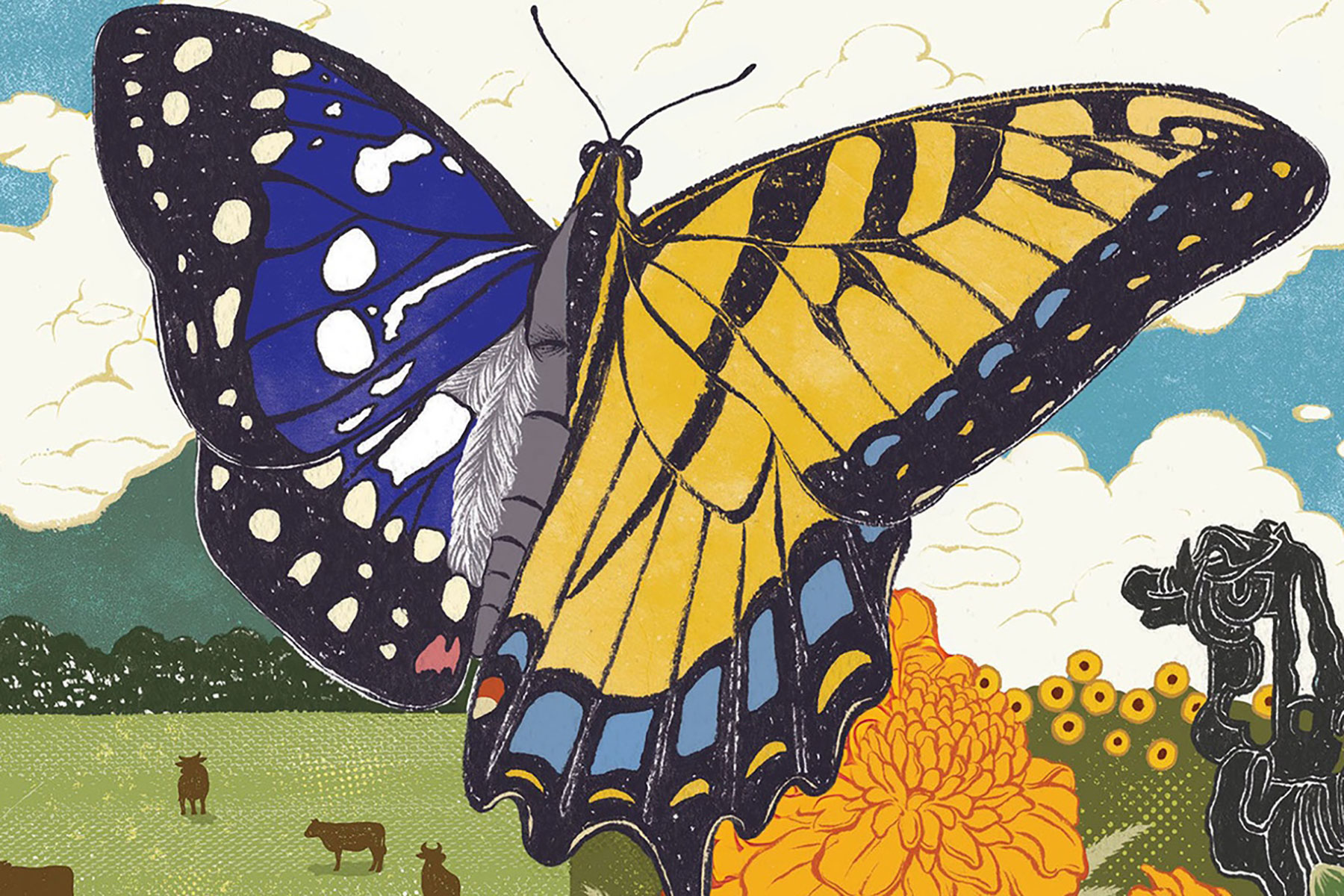Publications
From Our Blog
Over 50% of the world’s population currently resides in urban areas and is projected to continue expanding. Bees are among the most populous, diverse, and effective pollinators. Approximately 70% of bee species nest in the ground, spending their larval and pupal stages underground (Figure 1). Continued urbanization poses a significant threat to natural spaces, as […]
Cotton Jassid, Amrasca biguttula (Fig. 1), is native to the Indian subcontinent and has become an invasive pest in Georgia. It is spreading rapidly throughout Georgia and other southeastern states. Currently, it is present in nearly all southern counties and in two counties in northwest Georgia. Adults of the two-spot cotton leafhopper are small green […]
Rhizoctonia Large patch of turfgrass is most common in the fall and in the spring as warm season grasses are entering or leaving dormancy. Large patch is caused by the soilborne fungus Rhizoctonia solani (AG 2-2LP). It can affect all warm-season turfgrass species. The disease produces irregularly-shaped weak or dead patches that are from 2 […]
Cotton Jassid, Amrasca biguttula (Fig. 1), is native to the Indian subcontinent and has become an invasive pest in Georgia. It was first found in Florida and is gradually spreading throughout Georgia. Currently, it is present in many counties in the state (Fig. 2). Adults of the two-spot cotton leafhopper are small green insects with […]
?
?
海角官方首页 Extension News
Expert Resources

